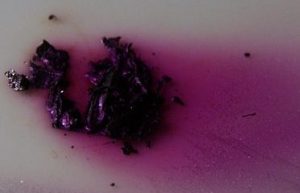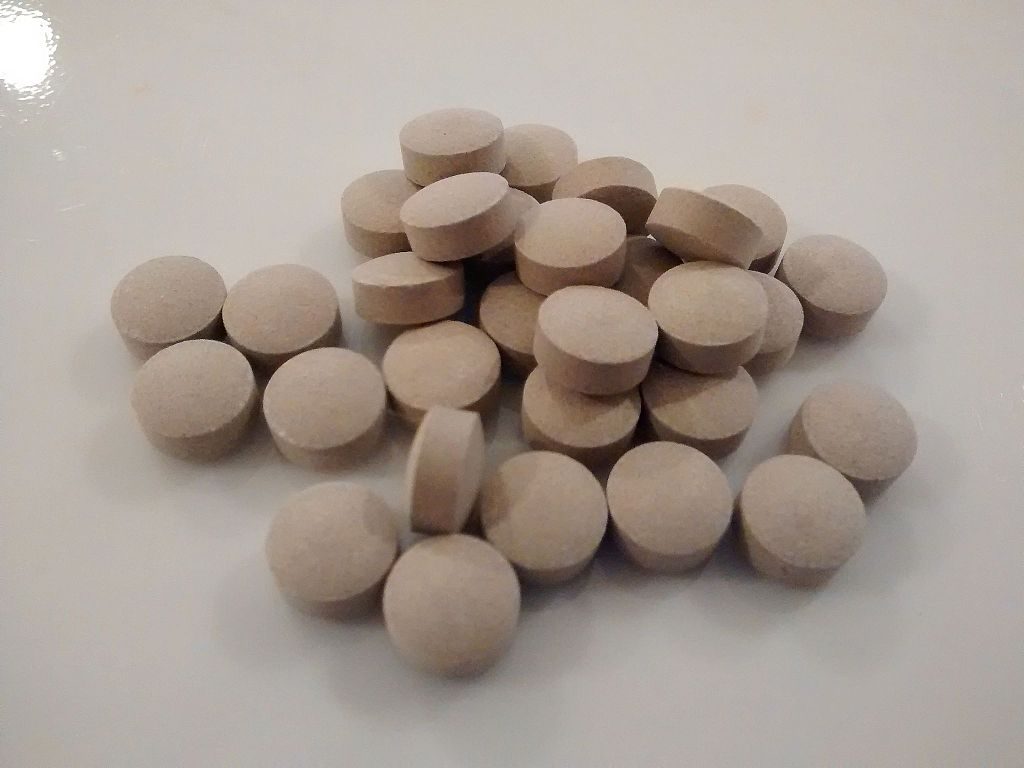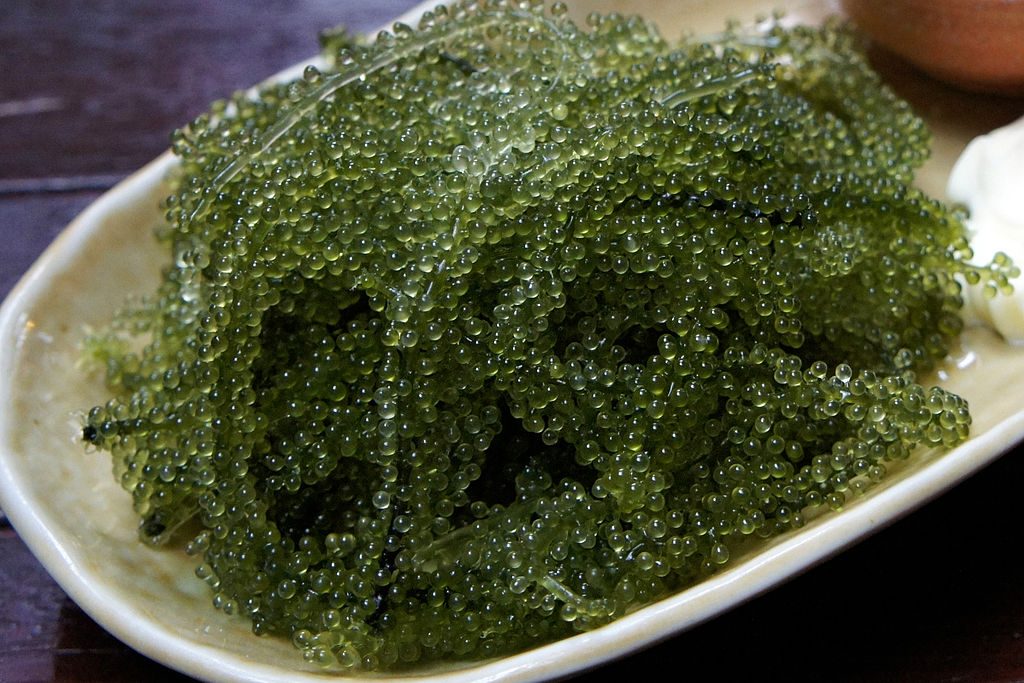Iodine is needed to produce thyroid hormones, but deficiency is rare.

- Thyroid hormone synthesis. The body requires iodine to synthesize thyroid hormones; not getting enough can result in goiter and hypothyroidism.
Overview
Iodine is an essential nutrient because the human body cannot make it and must obtain it from the diet. However, most foods – with the exception of seafood – are fairly low in iodine, and it is commonly added to table salt in a process called iodization. Since being introduced in the 1920s, this strategy has made iodine deficiency rare in the developed world.
Iodine’s major role in the human body is to help synthesize thyroid hormone. As such, low levels of iodine intake can lead to a goiter and low thyroid hormone (hypothyroidism). Because of this, iodine is the most popular ingredient in hypothyroidism products, more commonly known as thyroid support supplements.
However, if iodine deficiency is not the cause of the hypothyroidism, iodine supplements can in fact cause or worsen thyroid issues.

How Iodine Might Help With Thyroid Health
Iodine helps synthesize thyroid hormones
Iodine is required to produce the two thyroid hormones – triiodothyronine (T3) and thyroxine (T4). Indeed, upwards of 80% of the body’s iodine is stored in the thyroid. If you don’t get enough iodine, you may develop hypothyroidism.
However, it is also important to reiterate that excess iodine intake can cause or worsen both hypothyroidism and hyperthyroidism in susceptible individuals such as the elderly. 1
Iodine Benefits for Thyroid Health
Iodine is widely used as a standalone supplement and as the major ingredient in thyroid support (hypothyroidism) products. These uses are backed by science, since iodine deficiency is known to cause hypothyroidism. However, it’s important to note that deficiency is rare in developed countries. Taking extra iodine when you already get enough would not help with hypothyroidism and may in fact worsen or cause new thyroid issues.
You may have low iodine intake if you meet all of the following criteria:
- You are a vegan or vegetarian, or you eat meat but avoid seafood
- You don’t use table salt
- You don’t consume seaweed foods (such as the Nori wrap used in sushi)

Research
Human Research
It is a well-established fact that iodine supplementation can reverse iodine deficiency, and by extent alleviate goiter and hypothyroidism when they are caused by iodine deficiency. However, there have also been reports of people developing thyroid issues after iodine supplementation.
Iodine supplementation reverses iodine deficiency
This systematic review looked at the efficacy of iodine supplementation in comparison to placebo for treating iodine deficiency – the leading cause of hypothyroidism. After examining data from 6 studies, the authors found that most studies reported improvements in iodine levels and a tendency towards goiter reduction.
- The researchers concluded that “The results suggest that iodised salt is an effective means of improving iodine status.”2
Iodine supplementation reverses iodine deficiency in children
This review paper examined the efficacy of iodine supplementation for treating iodine deficiency in children. The authors examined 26 studies that assessed a total of 29,613 children, finding that there was a trend towards goiter reduction, and that supplementation raised iodine to recommended levels in most cases.
- The researchers concluded that “the results suggest that iodine supplementation, especially iodised oil, is an effective means of decreasing goitre rates and improving iodine status in children.” 3
Iodine supplementation in healthy individuals can cause thyroid dysfunction
This short study described a case of iodine supplementation leading to hyperthyroidism. A 72 year old woman took a kelp iodine supplement and developed hyperthyroidism. Her symptoms disappeared 6 months after stopping the supplementation. Furthermore, no evidence of a pre-existing thyroid condition was found, proving that her thyroid function was healthy before taking the supplement.
- The researchers concluded that “Iodine-induced hyperthyroidism can develop even in the presence of an otherwise normal gland.” 4
Dosage for Thyroid Health
- Single-ingredient iodine products typically supply 325 – 1000 mcg iodine
- Thyroid support formulas typically contain 150 mcg iodine
- Unless you are taking iodine under the supervision of a doctor, you shouldn’t take more than 1,100 mcg daily
Available Forms
- Liquid iodine, taken as drops.
- Seaweed iodine, typically kelp or bladderwrack. This is the preferred form of multi-ingredient thyroid support formulas.
- Potassium iodide. This form of iodine is used specifically for treating hyperthyroidism and should be avoided if you have hypothyroidism.
Supplements in Review Recommendation
- Iodine for thyroid health.
Iodine has an established role in thyroid hormone production, but deficiency is rare. Iodine can help reduce goiter and treat hypothyroidism, but only if iodine deficiency is the underlying cause. As such, you should be careful with supplementing iodine to avoid the risk of worsening or developing thyroid issues.
It’s best to follow individual supplement dosage recommendations. Doses used by doctors to cure iodine deficiency are high, and are not indicative of the doses you should take in supplement form. As such, it’s best to follow doses suggested by your specific supplement.
Leave a Reply